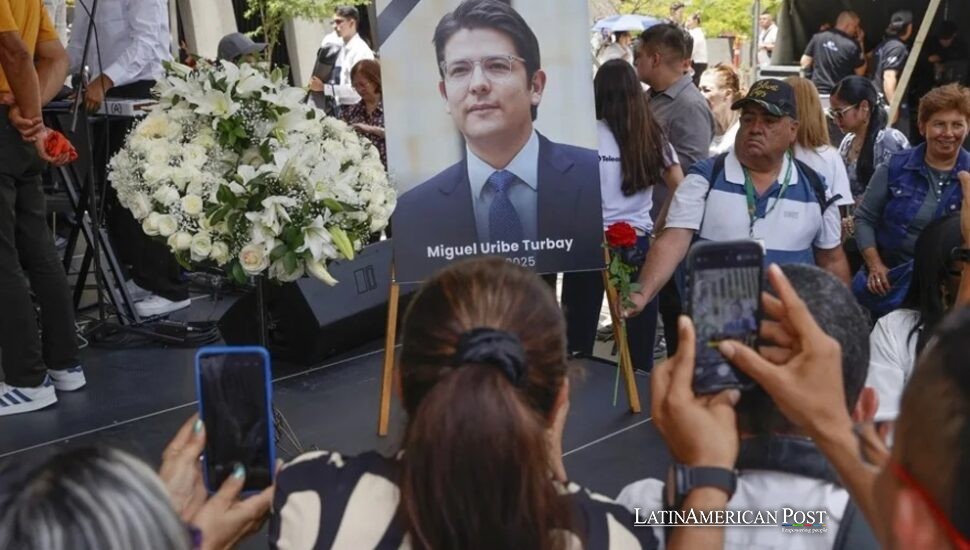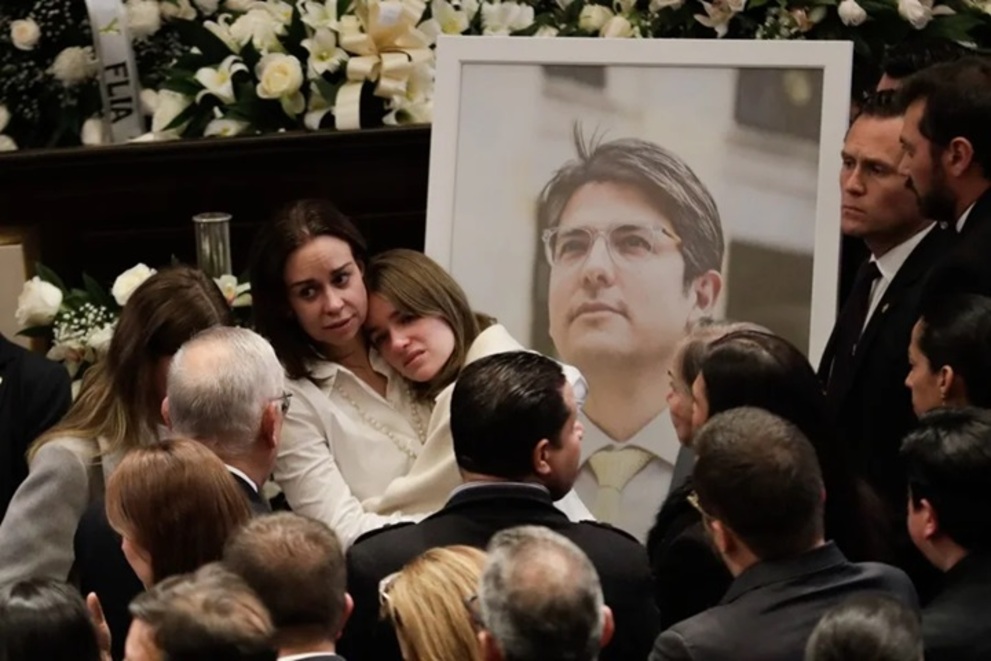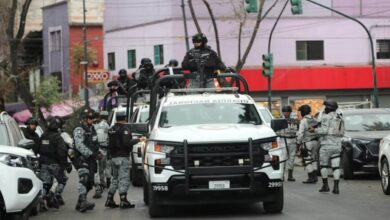Colombia’s Peace Needs Stricter Juvenile Laws for Heinous Crimes

Seven years for a 15-year-old who pulled the trigger on Miguel Uribe Turbay is not justice. It is permission. In a country chasing peace, such leniency risks normalizing political assassination and teaching armed groups that the cost of murder is cheap.
A sentence that signals impunity.
Colombia has seen this before—sirens screaming, a stunned crowd, a campaign turned into a crime scene. The assassination of Miguel Uribe Turbay at a Bogotá rally reopened wounds many thought had scarred over. Yet the state’s answer to the teenage shooter—just seven years in juvenile detention for attempted murder and illegal gun possession—sends a chilling signal.
When the price of killing a presidential candidate is less than a decade, armed groups will do the math. Outsourcing murder to adolescents becomes not a tragedy but a tactic. Authorities arrested five other suspects linked to a dissident FARC faction, proof that this was not chaos but coordination.
Rebel offshoots and paramilitary remnants are rational actors who exploit weak laws. A juvenile sentence this light, in a case that shattered Colombia’s illusion of distance from its violent past, tells every recruiter and commander that the law is not built for the world we live in now.
You do not dismantle a market for child assassins by lowering the risks for those who pull the trigger because they are 15.
The hard lesson of Colombia’s past
Miguel Uribe Turbay’s murder is not an isolated crime. It belongs to a tragic family tree—his grandmother, journalist Diana Turbay, was kidnapped and killed in 1991. It joins the dark roll call of assassinated candidates who defined the late 20th century: Luis Carlos Galán, Carlos Pizarro, Bernardo Jaramillo, Álvaro Gómez Hurtado. Colombians of a certain age measure their lives by those names.
We swore that era was over, that peace accords and decades of rebuilding had finally moved us past the politics of the gun. But peace is not simply the absence of war; it is the presence of credible law. When the state’s response to a political assassination is a sentence that can be counted on one hand, it undermines its own promises of “total peace.”
The teenager’s alleged words after arrest—”I did it for money for my family”—should stir compassion for poverty’s cruelty. But poverty explains; it does not absolve. If murder-by-proxy is punished with a handful of years, then the law itself becomes a recruitment tool.
Juvenile justice must be firm and rehabilitative.
The brutal truth is that adolescents are both manipulable and fully capable of irreversible harm. Mature democracies balance these truths: their juvenile systems are rehabilitative but carry firm consequences for the most serious crimes. Colombia’s framework caps juvenile sentences even for assassination. That ceiling might have made sense in a different era. Today, it is a loophole that armed groups exploit with precision.
Raising penalties for minors who commit assassination, terrorism, or political murder is not a betrayal of rehabilitation—it is a necessary upgrade to deterrence. A blended model could combine juvenile custody into early adulthood with education, therapy, and the possibility of an adult term if rehabilitation benchmarks are not met.
Longer custody must come with humane conditions: secure youth facilities, mental-health care, real vocational training, and parole systems that treat victims’ rights as non-negotiable. This is not vengeance disguised as law. It is consequential mercy—accountability that leaves the door open to change but does not discount the crime.
There is also a civic duty. Any adolescent who kills at the order of an armed group should be compelled to give full debriefings on recruiters, logistics, paymasters, and weapons flows. Truth-telling must shape the conditions of release. Justice that prevents the subsequent assassination is justice that works.

EFE@Carlos Ortega
Reforms that honor victims and deter the next attack
If Colombia truly seeks peace, the law must stop normalizing political violence. That means:
• Raising maximum juvenile sanctions for assassination and terrorism.
• Adding harsher penalties when adults recruit minors to kill.
• Extending supervision for years after release, not just months.
It also means targeting the adults who armed, transported, and paid the boy with the harshest penalties available. If the law lacks such teeth, then the law must change.
Skeptics argue that harsher sentences won’t end recruitment. That is half true. Penalties alone are never enough. Vulnerable teenagers in conflict zones need schools, clinics, and safe livelihoods so that a recruiter with cash and a pistol is not their only option. But refusing to raise the stakes for the worst crimes is the other half of failure: it tells predators there is a discount if they place the gun in a child’s hands.
Miguel Uribe Turbay wanted to serve the country that killed his mother and, decades later, took his own life. His father now campaigns in his place, a gesture of defiance that deserves a justice system equal to the risk it poses. Seven years for a political assassination carried out in front of voters is not equal. It is a shrug disguised as mercy.
Also Read: Venezuelan Suns Under Siege as Terror Label Rewrites the Map
Colombia can be generous without being gullible. We can believe that a 15-year-old is not beyond redemption and still insist that the road back must be long, supervised, and earned. Peace demands both compassion and consequence. If the state keeps pricing political murder this low, it will buy itself another bloody decade—and send the next boy recruited for cash the worst message of all: that the nation will forgive quickly what he is being paid to do.





